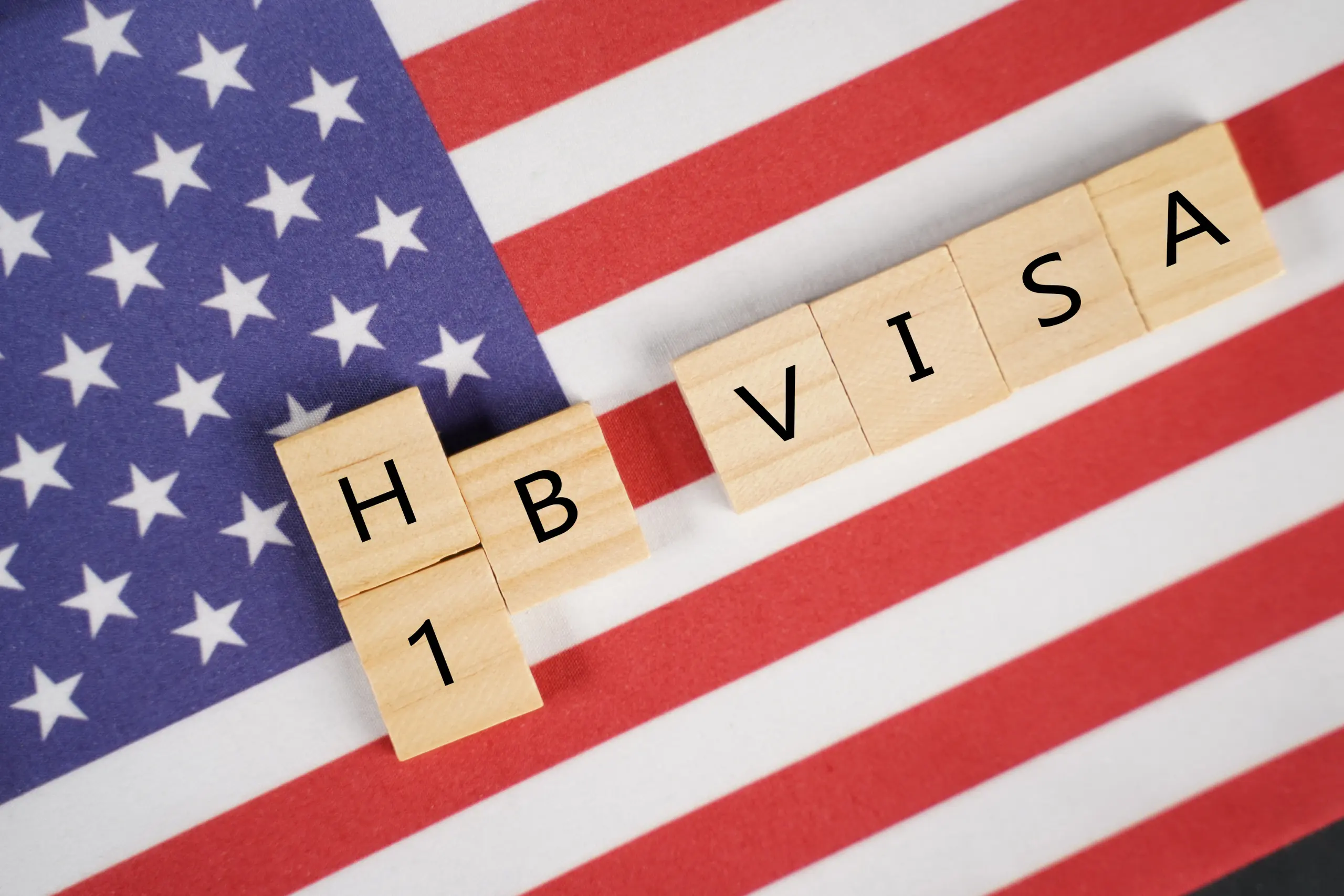Welcome to the Guberman // Appleby Immigration Update. We hope you find the information provided relevant to your immigration needs. Our objective is to highlight recent updates in immigration that are of interest to our readers.
Today’s topic:
• Options available to American entrepreneurs and business professionals to immigrate to Canada in 2025.
Recent changes in Canada’s immigration system have left many American professionals and entrepreneurs with fewer options for US to Canada immigration. This Immigration Update will discuss these changes and highlight available paths for cross-border immigration from the US to Canada in 2025.
Recent Changes Impacting Americans Moving to Canada
Broadly speaking, over the course of 2024 and 2025, Canada has restricted the pathways available for everyone, including Americans, to immigrate to Canada and this trend will continue on account of the Canadian government’s 2025 – 2027 Immigration Levels Plan. This includes Ontario closing its Provincial Nomination Program for entrepreneurs and the federal government suspending further applications under the self-employed permanent residence pathway until January 2027. The government’s 2025-2027 Immigration Levels Plan also evidences a considerable drive to reduce both permanent resident and temporary resident targets. Despite these changes though, there are still several pathways for immigration to Canada for Americans.
Express Entry System
The standard pathway for Federal economic immigration to Canada is through the Express Entry system. To qualify for Express Entry, one must be eligible for one of the three (3) economic immigration streams: the Canadian Experience Class, Federal Skilled Worker, or Federal Skilled Trades programs. People with at least one year of full time Canadian work experience, will qualify through the Canadian Experience Class provided that they also have the requisite language skills in English or French. If an individual meets the criteria of one of the three (3) Federal economic immigration streams, they can submit a profile to Immigration Refugee and Citizenship Canada (IRCC)’s Express Entry pool. Profiles in the pool are given a Comprehensive Ranking System (CRS) score which is based on a variety of factors including level of education, foreign and Canadian work experience, age, language ability, and more. IRCC will then intermittently issue Invitations to Apply to applicants over a certain point threshold which allows them to apply for permanent residence.
For more information on how to navigate the Express Entry System please see our recent immigration update on the topic.
Start-Up Visas
Another attractive option for more entrepreneurial Americans who wish to immigrate to Canada is the Start-Up Visa (SUV). The SUV allows immigrant entrepreneurs to pitch their innovative business ideas to a designated organization and with these organization’s support apply for permanent residence so that they can build their business in Canada.
There are three types of designated organizations, for those who need help developing their business idea there are Business Incubators who provide entrepreneurial support and expertise. The other two types of designated organizations are Venture Capital Funds and Angel Investor Groups, which are focused more on identifying successful investment opportunities rather than providing business guidance.
Once an applicant receives a support letter from a designated organization, they can incorporate their business in Canada and after meeting eligibility criteria apply for a SUV. While waiting for the determination of their permanent residency one can obtain a 3-year open work permit. The major drawback with the SUV is its processing time, which is typically several years in length.
Entrepreneurial Provincial Nomination Programs
Another option to move to Canada from USA for business immigration is the various entrepreneurial provincial nomination programs (PNPs). PNPs refer to programs that the federal government has delegated to the provinces and territories to allow them to target and bring in immigrants that meet local needs. Practically every province and territory in Canada has an entrepreneurship based PNP with the notable exceptions of Ontario and Nunavut. While there are some exceptions these programs typically require a business investment in the province from prospective applicants and for applicants to meet a minimum net worth amount. The actual process of these streams typically follows these steps:
- First applicants must submit an expression of interest which states how an applicant and their business idea meet the program’s eligibility criteria
- The provinces then intermittently send out invitations to apply based on the attractiveness of applicants and their business proposals.
- If an applicant receives an invitation to apply, then they will need to submit an application to the province evidencing how they are eligible.
- If the application is approved the government will provide a performance agreement which must be signed by an applicant which describes how they will build their business. The government will then provide a work permit and support letter to allow applicants to build their businesses
- After a certain period (usually 1-2 years) and once the performance agreement is fulfilled, one can apply to the province to receive their nomination certificate which allows them to apply for permanent residence with the federal government.
While this is generally how entrepreneur-based PNPs are carried out, each province has its own specific processes and requirements that may change eligibility. Some require applicants to have far greater net worth and investments than others and some, such as the Alberta Farm Entrepreneur stream, have highly streamlined applications processes as compared to the process outlined above.
Work Permit Options for Americans
If none of the above pathways are available to a given American applicant, it is also worth considering whether one is eligible for a work permit in Canada. A work permit allows one to work in Canada as an American. Work experience in Canada can open the door to permanent residency through making one eligible for Express Entry through the Canadian Experience Class, improve express entry scores, as well as provide eligibility to certain provincial nomination programs.
While there are various types of Canadian work permits American’s have access to several convenient options thanks to the Canada-United States-Mexico Agreement or CUSMA. For example, CUSMA professional work permits allow for Americans who have a pre-arranged job offer/contract in Canada in a listed professional occupation to apply for a renewable 3-year work permit. Another option is an inter-company transfers for those who work at an American company with a location in Canada or that wishes to start up an office in Canada. Additionally, Americans who either carry-on substantial trade with Canada or seek to invest in a new or existing Canadian business and either develop or direct it can acquire a trader or investor visa. Finally, if an American has a job offer in Canada then one can proceed with an LMIA based work permit which involves a rigorous advertising process to ensure that there are no Canadians available for the position.
// CONTACT US
Lawyers at Guberman Appleby are well-versed in both the Federal pathways to permanent residence and provincial nominations, and we welcome you to contact us directly to discuss the above. Please contact one of our Toronto immigration lawyers, by reaching out to our general line 416 548 7100 or via email info@gaimmlaw.com. Our immigration lawyers are always available to discuss any of your specific Canadian or US immigration queries either virtually or in person. We look forward to hearing from you.







